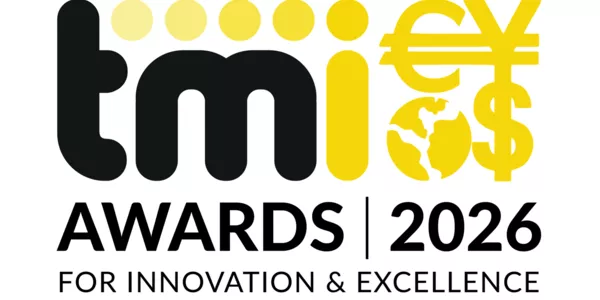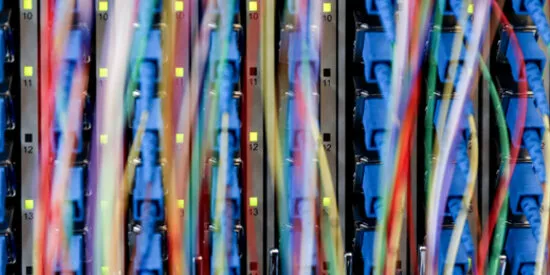
Blockchain
What is blockchain?
Blockchain is a secure, transparent information storage and transmission technology that operates without a central control unit. It is based on a distributed, immutable register, structured in the form of chained blocks and validated by a network of computers called nodes.
Blockchain is based on several principles:
- Decentralization: Unlike traditional databases, blockchain is managed by a distributed network of interacting participants, with no central authority.
- Transparency: In the case of public blockchains, all registered transactions are visible and verifiable by all network participants.
- Immutability: Once a block has been validated and added to the chain, it becomes virtually impossible to modify or delete it.
- Security: Each transaction is validated by cryptographic mechanisms, ensuring the integrity and authenticity of these transactions.
- Authorization: Transaction validation and compliance are based on consensus protocols ensuring agreement between network nodes (Proof of Work, Proof of Stake...)
What are the types of blockchain?
There are different types of blockchain, each with its own operating procedures:
- The public blockchain, for example, is accessible to all, such as Bitcoin and Ethereum.
- Private blockchain, on the other hand, is controlled by an organization or consortium, with restricted access granted by the controlling entity(ies).
- The hybrid blockchain combines the functions of private and public blockchains, so that only limited data is controlled.
In this way, blockchain guarantees efficient, transparent and secure transactions, facilitating financial operations.
Our latest news and insights

Societe Generale honored with IFR accolades
Societe Generale was distinguished in two categories at the IFR Awards 2025, receiving distinctions in the fields of...
Societe Generale was distinguished in two categories at the IFR Awards 2025, receiving distinctions in the fields of...
Awards & Rankings
Societe Generale was distinguished in two categories at the IFR Awards 2025, receiving distinctions in the fields of bond markets and structured equity products for its leadership, innovation, and excellence.
Societe Generale honored with IFR accolades
Societe Generale Awarded World’s Best Fintech Collaboration for Supply Chain Finance by TMI
As part of the 2026 TMI Awards for Innovation & Excellence, Societe Generale is proud to have won the Technology &...
As part of the 2026 TMI Awards for Innovation & Excellence, Societe Generale is proud to have won the Technology &...

Data Center Alley: Meeting Surging Demand for Computational Power in the US
Northern Virginia’s “Data Center Alley” remains the leading hub for hyperscale data centers in the US, but rising AI...
Northern Virginia’s “Data Center Alley” remains the leading hub for hyperscale data centers in the US, but rising AI...
Clients' successes
Northern Virginia’s “Data Center Alley” remains the leading hub for hyperscale data centers in the US, but rising AI driven demand is expanding development into neighboring regions like Maryland. Societe Generale is reinforcing its leadership in financing US hyperscale infrastructure, highlighted by major deals including recently the USD 925m Rowan Digital...
Data Center Alley: Meeting Surging Demand for Computational Power in the US
More results
google link